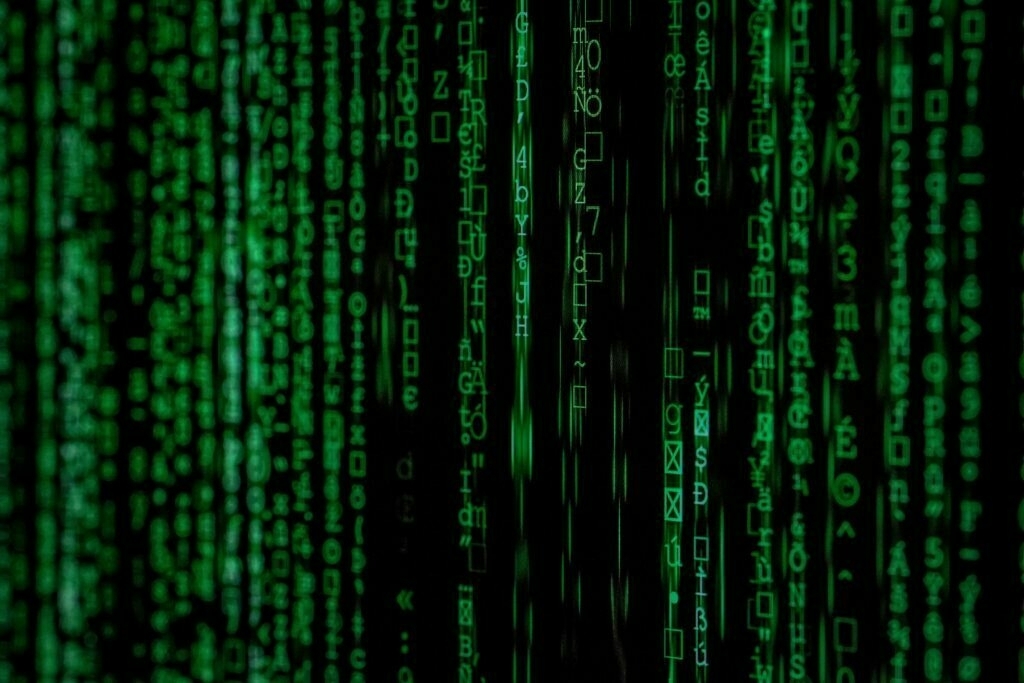Constructs, meta-constructs, and shared cognitive spaces
Posts like this one by Venkatesh Rao are like catnip to me. He explores the concept of the ‘real world’ as a construct shaped by collective human beliefs and values, arguing that it is, of course, anthropocentric and inherently absurd.
All worlds created by humans, such as fandoms and nationalisms, have more or less consequence in shaping the ‘real world’. In other words, there are constructs which serve to help shape the meta-construct. This, in essence, is a shared cognitive space for humans.
Well worth reading if you’re in the mood to question the nature of reality, explore the power of collective belief, and ponder the transient nature of what we consider to be ‘real’. It’s a complex examination of how human perception shapes the world we live in, and how that world, in turn, shapes us.

Accounting for consciously shared worlds like religions, fandoms, and nationalisms, as well as commonalities that arise from obvious and lazy lines of thought or imitation, there are perhaps a few thousand to tens of thousands of non-trivial distinct inhabited worlds out there. Of these, perhaps a few hundred are significant enough to require accounting for in any analysis. The rest are, at best, butterflies flapping in the chaotic weather-systems of history, hoping to cause hurricanes.Source: This is the New Real World | Venkatesh RaoOf the few hundred that are significant, perhaps a couple of dozen matter strongly, and perhaps a dozen matter visibly, the other dozen being comprised of various sorts of black or gray swans lurking in the margins of globally recognized consequentiality.
This then, is the “real” world — the dozen or so worlds that visibly matter in shaping the context of all our lives, with common knowledge of such shaping constituting a non-trivial part of the visibly mattering. The consequentiality of the real world is partly a self-fulfilling prophecy of its own reality. Something that can play the rule of truth. For a while.
[…]
The real world, in other words, is a fragile, unreliable, dubious, borderline incoherent, unsatisfying house of cards destined to die. Yet, while it lives and reigns, it is an all-consuming, all-dominating thing. A thing that can seem extraordinarily real compared to any more fragile, value-based private delusions we may harbor. To the point that we typically refer to it unironically as the real world, to be contrasted with self-indulgent fantasies, and characterize belief in it as pragmatism rather than just a grittier delusion.
Image: Marcus Spiske